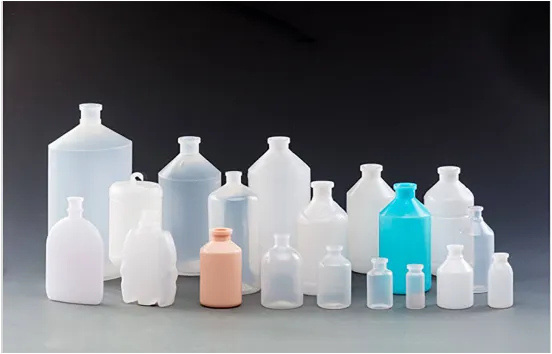Applications of Reagent Bottles in Chemistry Laboratories and Their Importance
The Uses of Reagent Bottles in Chemistry Labs
In the realm of chemistry, precision and organization are paramount to successful experiments and research. One of the crucial tools that facilitate these requirements is the reagent bottle. Commonly made from glass or plastic, these containers serve a variety of purposes essential for the effective management of chemical substances. This article will explore the numerous uses of reagent bottles in the chemistry laboratory, highlighting their importance in ensuring safety, accuracy, and efficiency.
Storage of Chemicals
One of the primary uses of reagent bottles is the storage of chemicals. These containers are designed to hold a wide range of substances, whether they are solids, liquids, or gases. Reagent bottles are available in various sizes, allowing chemists to choose the appropriate volume for their specific needs. Typically, they are labeled clearly to indicate the contents and concentration, minimizing the risk of cross-contamination and ensuring that every chemical is easily identifiable. This organization is crucial in a laboratory setting, where a multitude of compounds may be in use at any given time.
Safety and Stability
Safety is a top priority in any chemistry lab, and reagent bottles play a significant role in promoting safe handling and storage practices. Many reagent bottles are constructed from materials that provide resistance to certain chemicals, preventing reactions that could lead to spills or hazardous releases. Moreover, some bottles come with features such as screw caps or dropper tops, which help minimize exposure to volatile substances and reduce the likelihood of accidental spills. In this way, reagent bottles contribute to maintaining a safe working environment.
Accurate Measurements
uses of reagent bottle in chemistry lab

Reagent bottles are not just storage solutions; they also play a key role in the accurate measurement of chemicals. Many bottles are designed with graduated markings that allow for precise dispensing of liquids. This is especially important when working with reactive or toxic chemicals, where even small errors in measurement can lead to significant variations in experimental results. By providing a reliable means of measurement, reagent bottles help ensure that experiments are reproducible and that data is reliable, which is a cornerstone of scientific research.
Experimental Applications
In addition to storage and measurement, reagent bottles are frequently employed during experimental procedures. For instance, chemists often use these bottles to mix reagents before adding them to reaction vessels. This facilitates thorough mixing, which is critical for reactions to occur optimally. Some laboratory protocols may require solutions to be stored in reagent bottles for a specific amount of time before use, allowing for reactions such as hydrolysis or crystallization to occur. Thus, the multifunctional nature of reagent bottles makes them invaluable during the experimental phase of research.
Environmental Considerations
The growing emphasis on sustainability within the chemical sciences has brought attention to the recyclability of laboratory materials, including reagent bottles. Many modern laboratories are adopting practices aimed at reducing waste and minimizing their ecological footprint. Many glass reagent bottles can be cleaned and reused multiple times, making them an environmentally friendly choice. Additionally, the development of biodegradable plastics for reagent bottles contributes to these efforts, allowing chemists to mitigate the impact of laboratory work on the environment.
Conclusion
In summary, reagent bottles are fundamental components of any chemistry lab. Their uses range from the safe storage and measurement of chemicals to facilitating experimental procedures and promoting environmental sustainability. As chemistry continues to advance and present new challenges, the role of reagent bottles will only become more pronounced. By ensuring safety, accuracy, and optimal organization, reagent bottles not only contribute to the success of individual experiments but also uphold the integrity of the scientific method itself. As we look to the future of chemical research, the importance of these simple yet essential tools cannot be overstated.
-
Aesthetic Makeup Spray Bottles | Fine Mist Empty RefillableNewsAug.19,2025
-
White Plastic Veterinary Vaccine Vials | Lab Liquid BottlesNewsAug.18,2025
-
Plastic Medicine Liquid Bottle: Secure Flip Top Drug VialsNewsAug.17,2025
-
Durable 250ml Blue Plastic Vaccine Vial for Lab & Vet UseNewsAug.16,2025
-
Sterile Virus Sample Tubes: Secure & Reliable Specimen CollectionNewsAug.15,2025
-
White 250ml Plastic Vaccine Vial for Lab & Vet MedicineNewsAug.14,2025
























